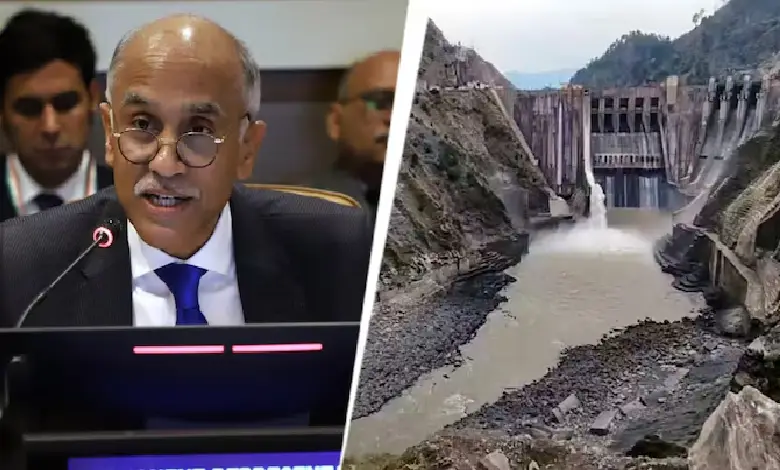
New Delhi : India’s decision to place the Indus Waters Treaty with Pakistan in abeyance following the Pahalgam terrorist attack was the result of a well-considered process, driven by multiple factors, India said at the United Nations on Friday.
Parvathaneni Harish, India’s Permanent Representative to the UN, dismissed the “disinformation spread by the Pakistani delegation” regarding the Indus Waters Treaty, highlighting key factors that led to the suspension of the treaty, also including repeated instances of cross-border terrorism, with the recent Pahalgam attack being the latest example.
“India entered into the Indus Water Treaty 65 years ago in good faith. The preamble of the treaty describes that the treaty was concluded in a spirit of goodwill and friendship. Throughout the six and a half decades, Pakistan has violated the spirit of the treaty by inflicting three wars and thousands of terror attacks on India.” the envoy told the Security Council.
He stressed that though Islamabad harboured terrorism against India, New Delhi has “shown extraordinary patience and magnanimity” throughout this period. According to Ambassador Harish, apart from regional security concerns, other factors, including India’s energy requirements and dam safety, also necessitated the decision.
The UN diplomat pointed out to the Security Council that advancements in dam infrastructure technology have significantly improved safety and operational efficiency. However, some older dams continue to pose serious safety concerns.
“However, Pakistan has continued to block consistently any changes to this infrastructure and any modifications of the provisions which are permissible under the treaty. In fact, in 2012, terrorists even attacked the Tulbul Navigation Project in Jammu and Kashmir. These cynical acts continue to endanger the safety of our projects and the lives of civilians,” he mentioned.
It is against this backdrop that India has finally announced that the treaty will be in abeyance until Pakistan, “which is a global epicentre of terror, credibly and irrevocably ends its support for cross-border terrorism”. “It is clear that it is Pakistan which remains in violation of the Indus Water Treaty”.
The World Bank-brokered Indus Waters Treaty, signed on September 19, 1960, allocated the three eastern rivers–Ravi, Beas, and Sutlej–to India, and the three western rivers–Indus, Jhelum, and Chenab–to Pakistan. While India was permitted limited, non-consumptive use of the western rivers, the treaty is widely regarded as one of the most successful transboundary water-sharing agreements in the world.




